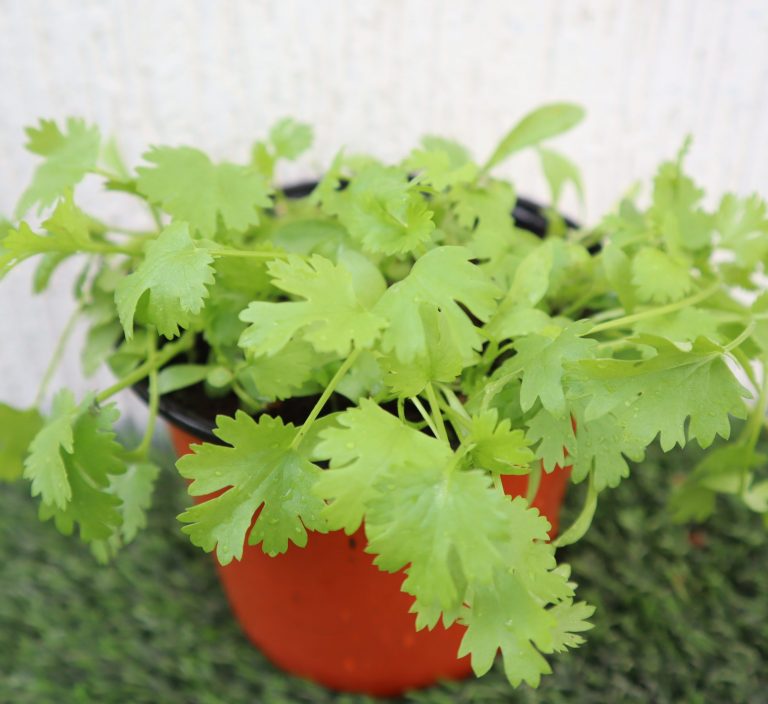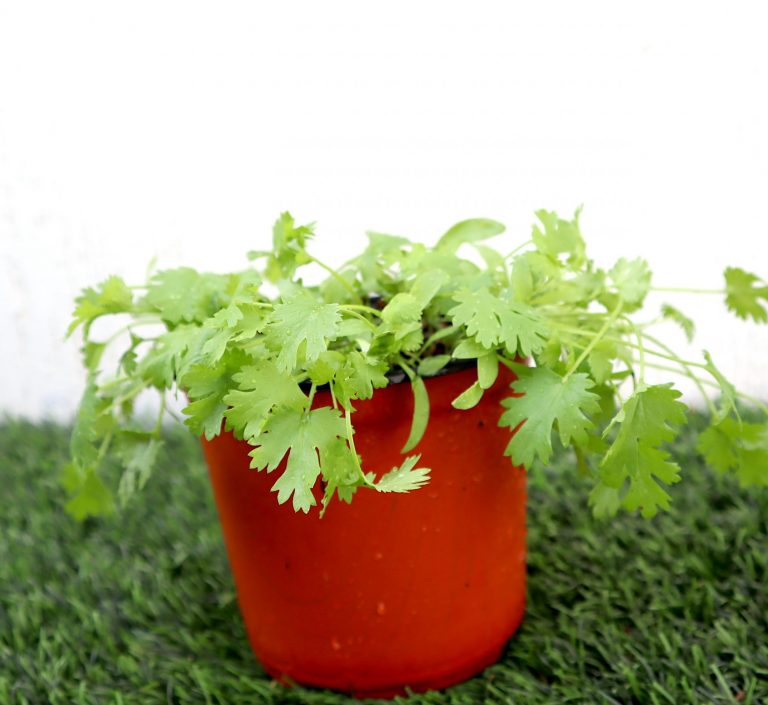



Your shopping bag is empty
Go to the shop



Coriander (Coriandrum sativum) is an annual herb in the family Apiaceae. It is also known as Chinese parsley, dhania, or cilantro. All parts of the plant are edible, but the fresh leaves and the dried seeds (which are both a herb and a spice) are the parts most traditionally used in cooking. Most people perceive coriander as having a tart, lemon/lime taste, but to nearly a quarter of those surveyed, the leaves taste like dish soap, linked to a gene that detects some specific aldehydes that can produce soapy sensation from the odorant substances.
Coriander is a versatile and flavorful ingredient in many dishes, and it adds a unique taste to a wide range of culinary creations. Whether you love it or find its taste challenging, it’s undeniably an essential herb and spice in many world cuisines